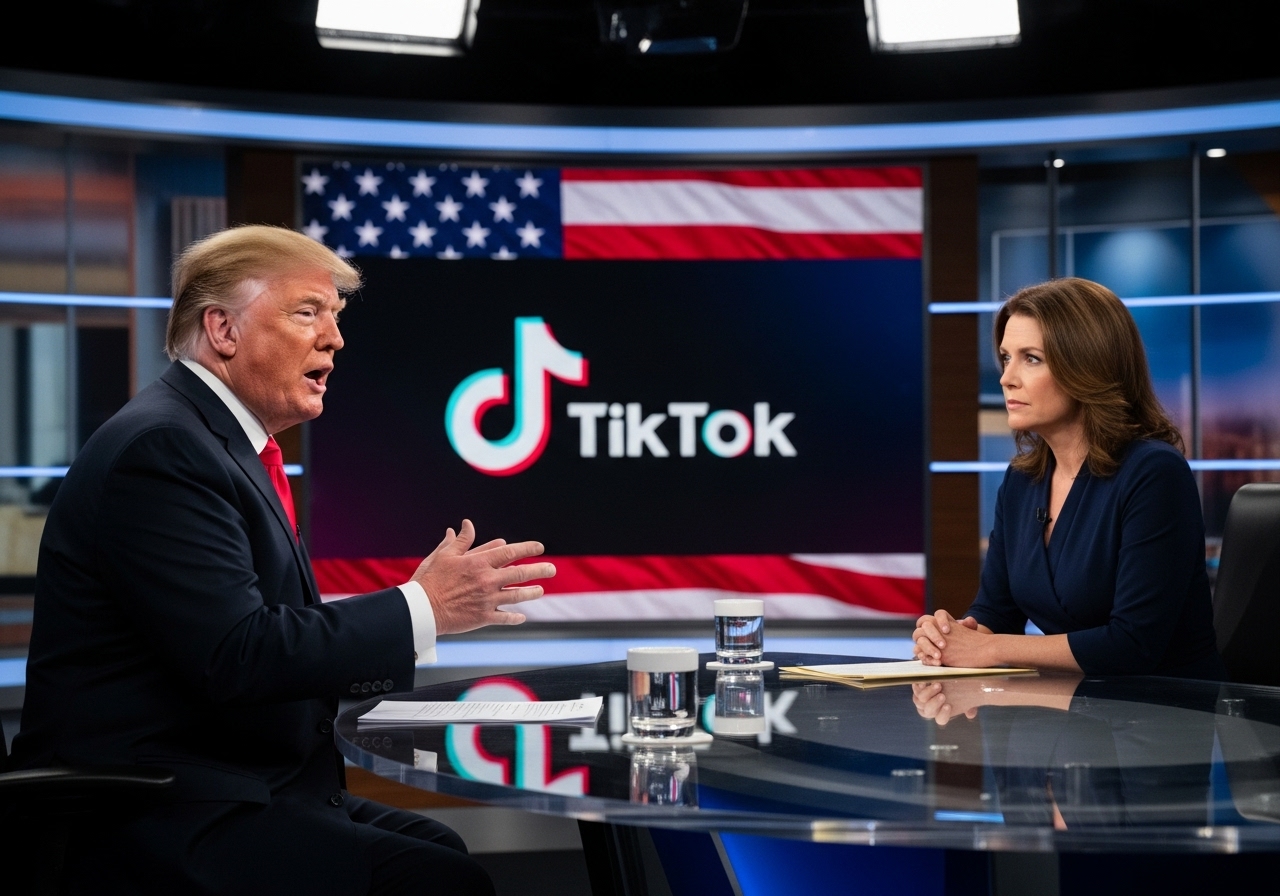JPMorgan Chase CEO Jamie Dimon is warning of “considerable turbulence” in the U.S. economy, and — surprise, surprise — he’s pointing the finger at President Donald Trump’s America-First trade policies. From warning of a looming recession to griping about tariffs, Dimon and his elite finance club are having a tough time adjusting to a White House that’s finally prioritizing Main Street over globalist boardrooms.
But here’s the real story: while Dimon wrings his hands about Trump’s tariff strategy, JPMorgan is raking in record profits — and investors should take note. This isn’t the collapse of the American economy. It’s the recalibration of one that’s been exploited by foreign mercantilists and multinational megabanks for decades.
Dimon, in a regulatory filing tied to JPMorgan’s first-quarter earnings, sounded the alarm over Trump’s renewed tariff battle with China. He fretted about “ongoing sticky inflation,” “high fiscal deficits,” and the dreaded “trade wars” — all of which, conveniently, his bank has managed to profit from handsomely.
Let’s get specific. JPMorgan just posted a staggering $14.6 billion in Q1 net income, up 9% from the same period last year, crushing analyst expectations. Earnings per share clocked in at $5.07, blowing past forecasts. Wall Street’s supposed panic? You wouldn’t know it by looking at these numbers.
Sure, Dimon raised concerns about volatility in investment banking, but that didn’t stop his firm’s M&A fees from climbing 12% to $2.2 billion. And while the elites moan about economic instability, traders at JPMorgan are cashing in on the chaos — with equities trading up 48% to a record-breaking $3.8 billion.
Dimon and his CFO Jeremy Barnum also claim that consumers are “front-loading spending” out of fear of higher prices. But that’s not a sign of economic collapse — that’s rational behavior in a volatile market, and it reinforces what conservatives have long said: people respond to incentives.
President Trump’s decision to hike tariffs on Chinese imports to 145% is not some reckless gamble. It’s economic warfare with a purpose. For decades, China has played the long game, dumping cheap goods on American soil while gutting our industrial base. Trump’s tariffs are about finally leveling the playing field and forcing Beijing to pay the price.
Yes, China responded with a 125% tariff on American goods, but let’s be real — they need our consumers more than we need their junk. If tariffs pinch short-term profits, they’ll save long-term sovereignty. That’s a tradeoff worth making.
The real panic on Wall Street isn’t about inflation or consumer debt. It’s about the fact that the old rules — where globalism reigned supreme and America footed the bill — are being rewritten in real time.
Trump’s message is clear: we’re done playing by rules that rig the system against American workers and manufacturers. That’s why his administration paused tariffs for 90 days on countries willing to deal fairly — and doubled down on punishing cheaters like China.
If Dimon is worried, it’s because the gravy train of outsourcing and offshoring is slowing. And while JPMorgan may see a 5% dip in its stock price, long-term investors should recognize that what’s being built is far more valuable: an economy rooted in self-reliance, not dependency.
So what should patriotic investors do?
Look past the media doom and Dimon gloom. Inflation may bite in the short term, but the broader strategy is sound. Focus on sectors poised to benefit from reshoring — energy, logistics, defense, and domestic manufacturing.
Watch how Trump’s tariffs are already triggering behavior shifts. Companies are scrambling to adjust supply chains, consumers are making preemptive purchases, and Wall Street is playing catch-up. That’s not failure — that’s leverage.
Trump isn’t tanking the economy. He’s taking control of it.





Comments are closed.